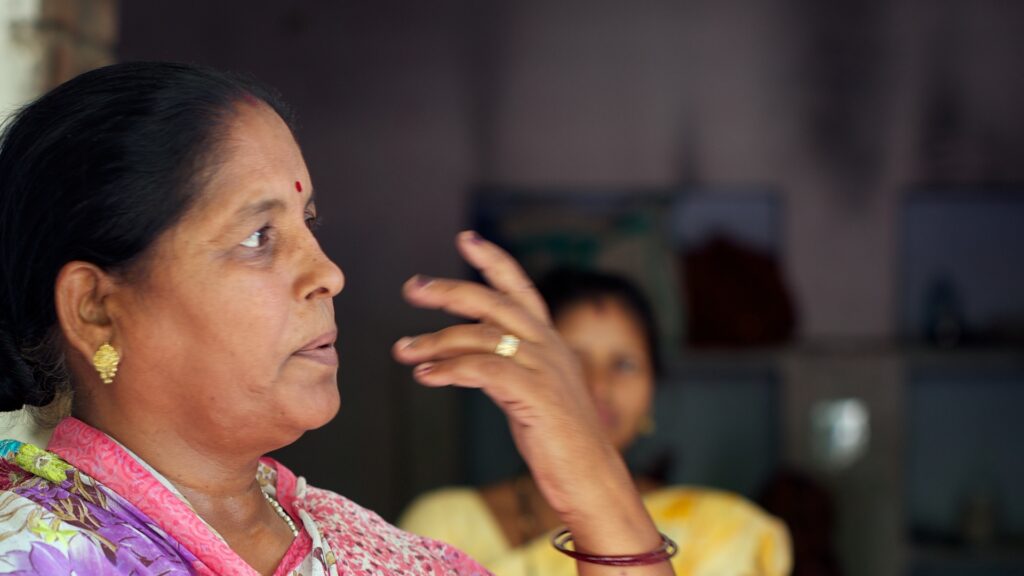The Independent Panel was committed to learning from stakeholders. The Panel invited submissions and presented meeting opportunities to consider all aspects of the Panel’s Program of Work. The aim was to identify evidence-based clear and implementable solutions, in order for the world to achieve the highest possible level of pandemic preparedness and response.
People contributed to the Panel’s work in many ways, including to the Program of Work; to the authoritative chronology; and by participation in open town-hall ‘Exchange’ meetings. These are described below, together with links to the contributions made which are contained in a downloadable zipped file.
1. Open invitation to contribute to the Panel’s Program of Work
WHO Member States, civil society organisations, researchers, the private sector, and the general public submitted their contributions, with a focus on the four main themes and the related areas of work. These included: the emergence and spread of COVID-19; the recommendations and responses of international organizations and affected countries; the impact on health, the economy and society; and about how the international system, including WHO and its Member States, could be better prepared for a future potential pandemic. The Panel received more than 100 submissions through the web portal.
The .zip file contains a .csv spreadsheet of the contributions and all associated documents.
2. The authoritative chronology
People were invited to contribute to the authoritative, evidence-based chronology of the emergence and spread of SARS-CoV-2 and COVID-19 disease; the recommendations made by the World Health Organization and other international and regional bodies; and of the responses made by countries.
The .zip file contains a .csv spreadsheet of the contributions and all associated documents.
3. Exchange town-hall style meetings
The Independent Panel also met with hundreds of people working on the frontlines of COVID-19, through its series of town-hall style Exchanges. These included with nurses, midwives, people working on sexual and reproductive health and rights, youth, people working on the gendered impact of COVID-19, and people working on the impact of non communicable diseases to those living with them, and on the pandemic itself.
The .zip file contains a .csv spreadsheet of information about the reports and the documents of the reports themselves.
